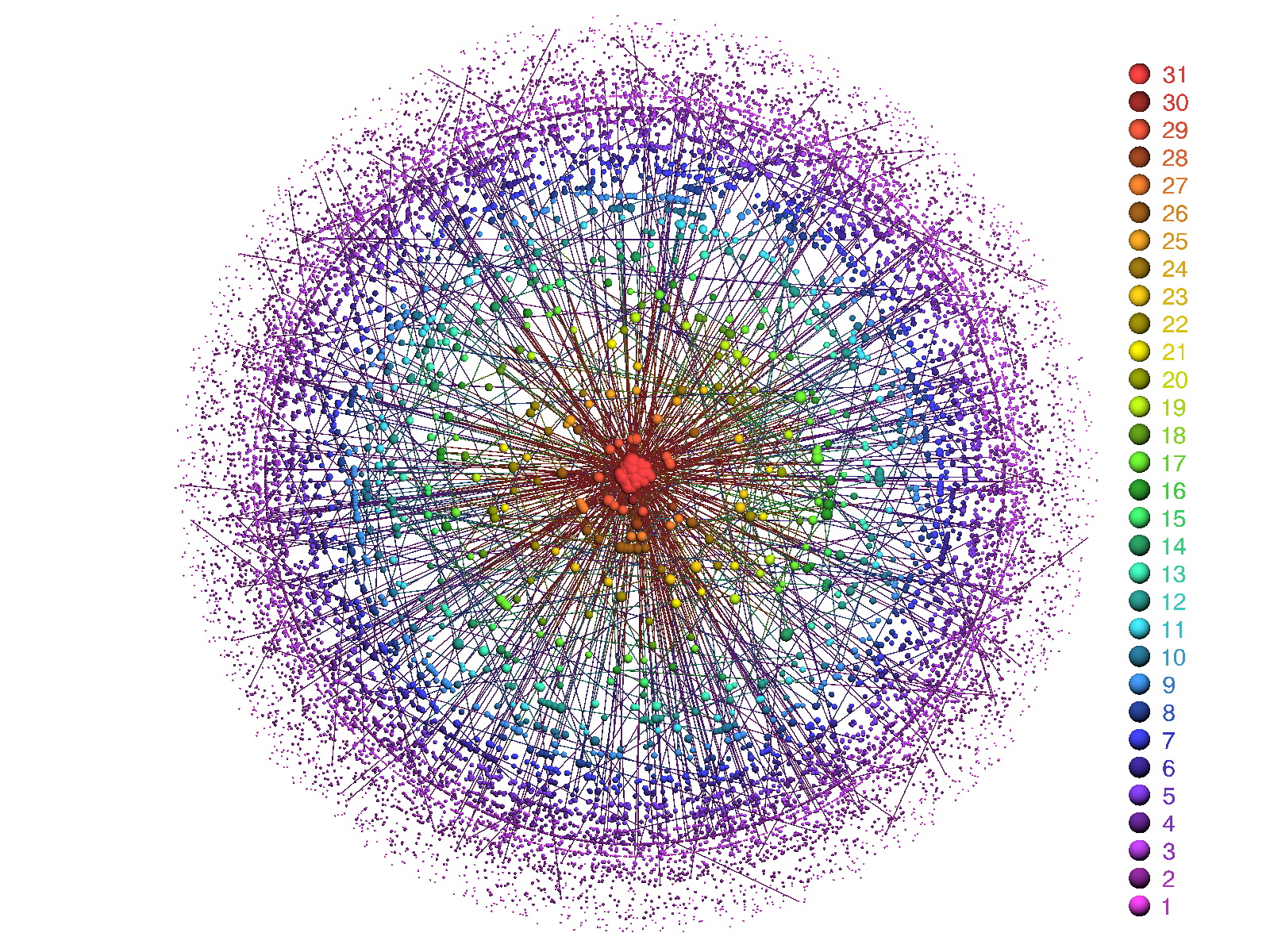The Unconference – An Emergent Mind?
Friday, November 5th, 2010 Creating new ways for people and machines to interact that stimulates supercharged levels of decision-making, learning, creativity and other knowledge production is a major innovation trend. Powered by technologies such as the internet, social media and smart phones and enabled by clever “architectures of participation” that satisfy deep psychological needs we witness the emergence of raves, flash mobs, prediction markets, match-making markets and mass collaboration. Sometimes the participation is so well wired that a form of cognition emerges that goes far beyond the capacity of all the individuals and anything normal group interaction can produce. We temporarily get authentic networked intelligence or an emergent mind.
Creating new ways for people and machines to interact that stimulates supercharged levels of decision-making, learning, creativity and other knowledge production is a major innovation trend. Powered by technologies such as the internet, social media and smart phones and enabled by clever “architectures of participation” that satisfy deep psychological needs we witness the emergence of raves, flash mobs, prediction markets, match-making markets and mass collaboration. Sometimes the participation is so well wired that a form of cognition emerges that goes far beyond the capacity of all the individuals and anything normal group interaction can produce. We temporarily get authentic networked intelligence or an emergent mind.
As a cognitive designer I am always on the lookout for new architectures of participation that have the potential to create emergent or networked levels of mental performance. For example, I am currently studying the unconference. A new way of stimulating a group of intelligent and creative people to interact and share ideas.
Here are initial thoughts on some key features.
- Offer a general theme to select, attract or allow participates to self select. Do not create an agenda. An agenda should emerge from the participants. The design of invitations is important as it conveys the what and why that draw the right participants or not.
- Keep the group small but not tiny. 300 is a magic number for a maximum as any more and the human capacity for intense interaction between all members breaks down
- Bring participants together physically in a stimulating environment in a “get to know you experience”. Let topics, talks and schedules emerge from the group interaction in a self-organizing fashion. Topics that don’t get critical mass die out.
- Keep talks short (TED style or even lighting style of 5 minutes), hold many sessions concurrently and let things go until people run out of mental energy.
- Planted facilitation using affirmative inquiry, open-talk agenda creation and other group techniques can make or ruin an unconference.
For a good second hand experience check this blog post on SciFoo 2010 an unconference at the Googleplex. For some how-to tips check out Unconference a blog by Kaliya Hamlin, an experienced designer and facilitator of such events.
I am looking for evidence that the unconference is producing interesting cognitive results beyond what happens at a normal conference or organized meeting.
